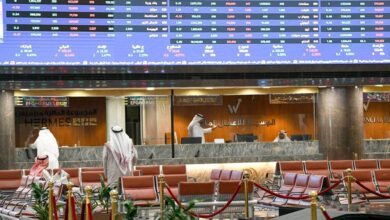A lookback on 2023, a year that was…
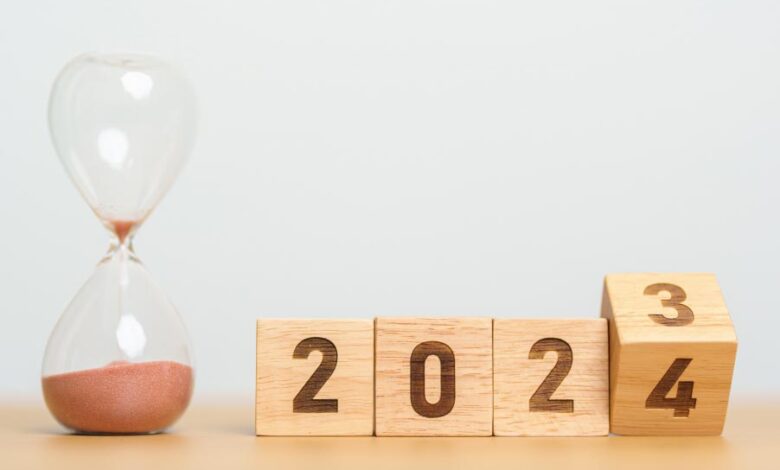
THE TIMES KUWAIT REPORT
The year 2023 saw the world at a crossroads; it needed to decide whether to pursue the road to sustainable and equitable development or continue along the path to a dystopian future for all of humanity. That the world chose to follow the sustainable path is certainly welcome. But, without effectively implementing the lofty declarations and initiating the unsavory course-corrections endorsed in 2023, the world is undeniably headed to a grim future.
In late January 2023, hands of the symbolic ‘Doomsday Clock’ were moved 10 seconds forward. The ‘Clock’, a metaphor for existential threats to humanity, has stood at 100 seconds to midnight since 2020, but is now at 90 seconds to midnight — the closest it has ever come to global annihilation. The symbolic ‘Doomsday Clock’, maintained by the Bulletin of Atomic Scientists, began ticking in 1947. Initially the Clock tracked threats from the Cold War and nuclear annihilation, but in recent decades it has added threats from biological and technological misuse, and crises brought on by climate change.
Clocks and conjectures aside, the year 2023 will be defined by the cascade of catastrophes, challenges, and crises arising from both man-made and natural causes. Besides ongoing and new conflicts, as well as the ravaging impact of hurricanes and earthquakes, in 2023 the world was also buffeted by a series of disparate climate-related crises.
These included scorching summer temperatures across Asia, Africa and Europe and record low ice in the Antarctic, to an unrelenting drought that has continued to engulf the Horn of Africa since 2020, flash floods in Asia and Africa, and wildfires in Europe and North America.
The apocalyptic climate-related catastrophes and violent conflicts in 2023 inflicted devastating destruction as well as displaced and endangered the lives of millions of people, driving them into hunger, poverty and helplessness. But, at a time when global solidarity was needed like never before, the world in 2023 remained deeply polarized, making it difficult to achieve consensus on several critical issues.
The year 2023 will also go down in history as the year that Artificial Intelligence (AI), with all its novelty and promises began foraying into the mainstream. Despite misgivings over its unbridled proliferation and inherent dangers, AI made significant inroads into various aspects of work and home life. Meanwhile, rising population and increasing resource crunches led to higher energy and food prices that were further aggravated by tightening financial conditions.
The Intergovernmental Panel on Climate Change (IPCC) in its assessment report published in March identified global population growth as among the biggest drivers of growing carbon dioxide (CO2) emissions. But, in 2023, the world hosted more people than ever before; with UN data showing the global population crossed the 8 billion mark in November 2022. Studies also showed that annual CO2 emissions are estimated to grow by 1.1 percent to exceed 40 billion tons in 2023, of which 30 billion tons will be from burning fossil fuels.
The growth in global population is also driving a monumental demographic shift, with more young people in the world today than ever before in history. By 2050, the current youth boom across Africa will lead to a quarter of people worldwide being African. It is estimated that Africa, along with India, which in 2023 surpassed China to become the world’s most populous country with 1.43 billion people, will account for over 40 percent of the 9.7 billion global population in 2050.
In 2023, the world also marked the midway point to three pivotal agreements signed by the global community in 2015 — the Sustainable Development Goals (SDGs), the Addis Ababa Action Agenda on Development Finance, and the Paris Agreement on Climate Change. Over three days from 18 to 20 September, world leaders and global stakeholders gathered at the UN Headquarters in New York to attend the High-level Political Forum on Sustainable Development, and the High-level Dialogue on Financing for Development.
The third midway gathering came at the UN Climate Change Conference (COP 28) in the United Arab Emirates from 30 November to 12 December, where a ‘Global Stocktake’ on progress, or lack thereof, in addressing climate change was held. Importantly, reports released by the UN and other agencies ahead of the gatherings underlined that at the midway point to the target year of 2030, the world was nowhere close to achieving the goals outlined in the pacts.
Although the consensus declarations at the conclusion of these three events were heartening, previous declarations made at many such high-level forums reveal that without credible implementation the goals agreed upon at these conferences often remain unrealized. Effective implementation has always been the stumbling block in realizing global goals for an equitable and sustainable future for all.
But it was not all doom and gloom in 2023, there were triumphs and celebrations of achievements, as well as glimmers of hope for peace and prosperity for countries, communities and for humanity. In 2023, the world came together to reach three major diplomatic wins for the environment — the Vanuatu Resolution, the High Seas Treaty, and an agreement by the International Maritime Organization. And, in 2023, for the first time in 30 years of climate talks, the world finally reached consensus on ‘transitioning away from fossil fuels’ at the COP28 talks in Dubai.
The Vanuatu Resolution, spearheaded by the island-state of Vanuatu and passed by the UN General Assembly in March, was a win for climate justice. It will allow the Assembly to seek the opinion of the International Court of Justice (ICJ) on the legal consequences for states that damage the climate in such a way that it affects others. In another win for the environment, in June, the UN adopted the High Seas Treaty, which will see nearly one-third of the world’s international waters becoming protected marine reserves. This was followed in July by the International Maritime Organization (IMO), the UN entity charged with regulating shipping, agreeing to reach net-zero emissions in global shipping around 2050.
Additionally, the year 2023 featured several inspiring stories of solidarity on issues and challenges facing the world at the grassroots level, within and across borders. Often led by youth, women, and those facing discrimination, many of these initiatives that began locally gradually morphed into transnational movements, presenting small but discernible signs that kindle hopes of a brighter future.
But as the world enters 2024, global solidarity can no longer be just another buzzword; it remains our only option for survival of the planet and all species on it.
As we ponder on the year that was, let us take a look at some of the other major events and happenings around the world in 2023:
5 Jan: Five days after his demise on 31 December 2022, the funeral for Pope Benedict XVI is held at St. Peter’s Square in the Vatican City.
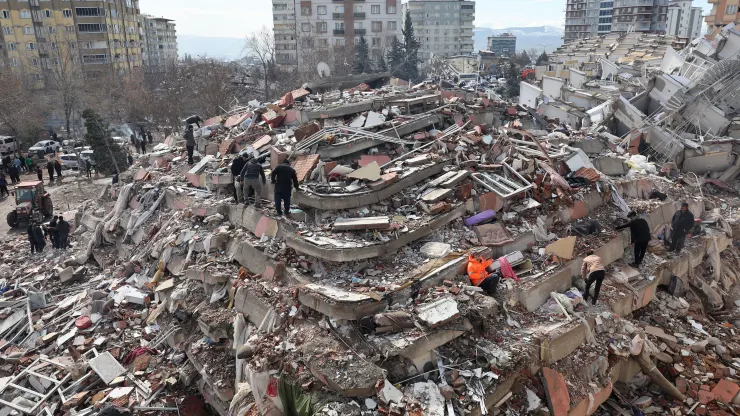 5 Feb: The longest lasting tropical cyclone in history, Cyclone Freddy, develops in the Indian Ocean before moving across southeastern Africa causing over 1,400 deaths, innumerable injuries and widespread damage.
5 Feb: The longest lasting tropical cyclone in history, Cyclone Freddy, develops in the Indian Ocean before moving across southeastern Africa causing over 1,400 deaths, innumerable injuries and widespread damage.
6 Feb: An earthquake measuring 7.8 Mww strikes southern and central Turkey and northern and western Syria followed by a 7.7 Mww aftershock on the same day, causing more than 59,000 fatalities and injuring over 121,000, besides inflicting extensive damage in both countries.
14 Feb: European Parliament bans the sale of new petrol and diesel vehicles across the European Union from 2035, citing the need to combat climate change and promote electric vehicle use in Europe.
14 Mar: Artificial Intelligence research firm OpenAI launches GPT-4, a large language model for ChatGPT, which can process up to 25,000 words and respond to images and can process up to 25,000 words.
20 Mar: The UN Intergovernmental Panel on Climate Change (IPCC) releases the synthesis report of its Sixth Assessment Report on climate change, which shows that human-induced global warming has spurred changes to the Earth’s climate unprecedented in human history.
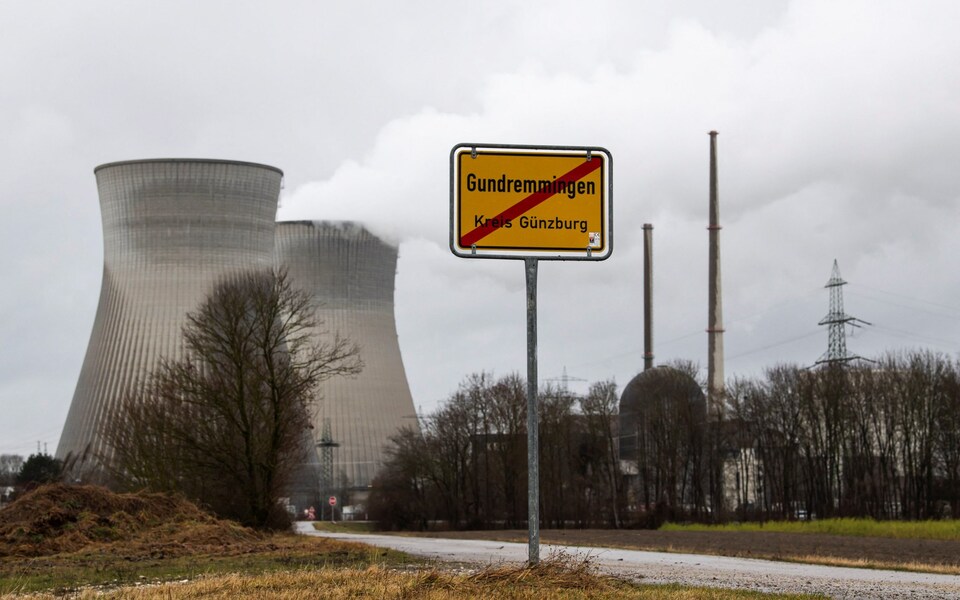 15 Apr: Germany shuts down its last three nuclear power stations as part of its move away from unsustainable power and the promotion of green energy.
15 Apr: Germany shuts down its last three nuclear power stations as part of its move away from unsustainable power and the promotion of green energy.
5 May: The World Health Organization ends its declaration of COVID-19 being a global health emergency, but continues to refer to it as a pandemic.
6 Jun: Kuwait holds a general election following the annulment of the 2022 snap elections by the Constitutional Court. Polling for the 50-member National Assembly results in 38 members from the annulled 2022 session retaining their seats, two being returned from the 2020 session, and 10 first-time entrants to parliament.
14 Jun: Scientists report the creation of the first synthetic human embryo from stem cells, without the need for sperm or egg cells.
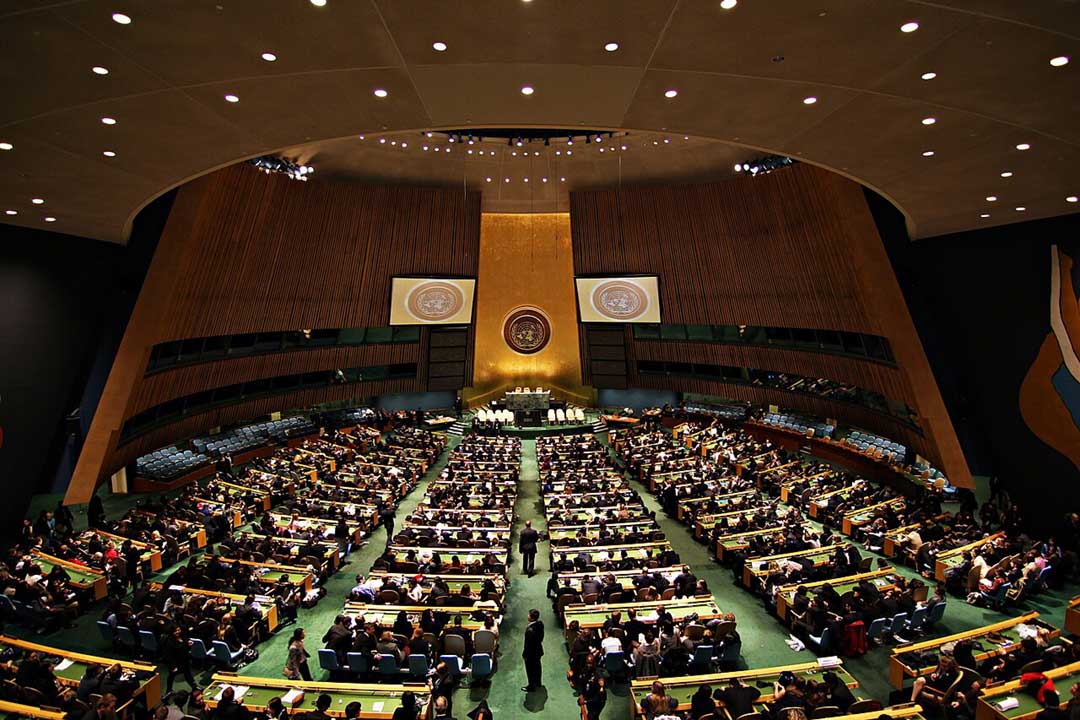
19 Jun: The United Nations General Assembly unanimously adopts the High Seas Treaty, which aims to protect 30 percent of the world’s oceans by 2030.
23 Jul: Tens of thousands of tourists flee Rhodes, Greece, amid wildfires and a major heatwave, in what was the largest evacuation in the country’s history.
1 Aug: The world’s oceans reach a new record high temperature of 20.96 °C exceeding the previous record in 2016. July is also the hottest month on record for globally averaged surface air temperatures by a considerable margin (0.3 °C)
8 Aug: More than 17,000 acres of land are burned and at least 100 people are killed, when a series of wildfires break out on the island of Maui in Hawaii.
21 Aug: Nearly 68 percent of Canada’s Northwest Territories are forced to evacuate to other parts of the country due to wildfires.
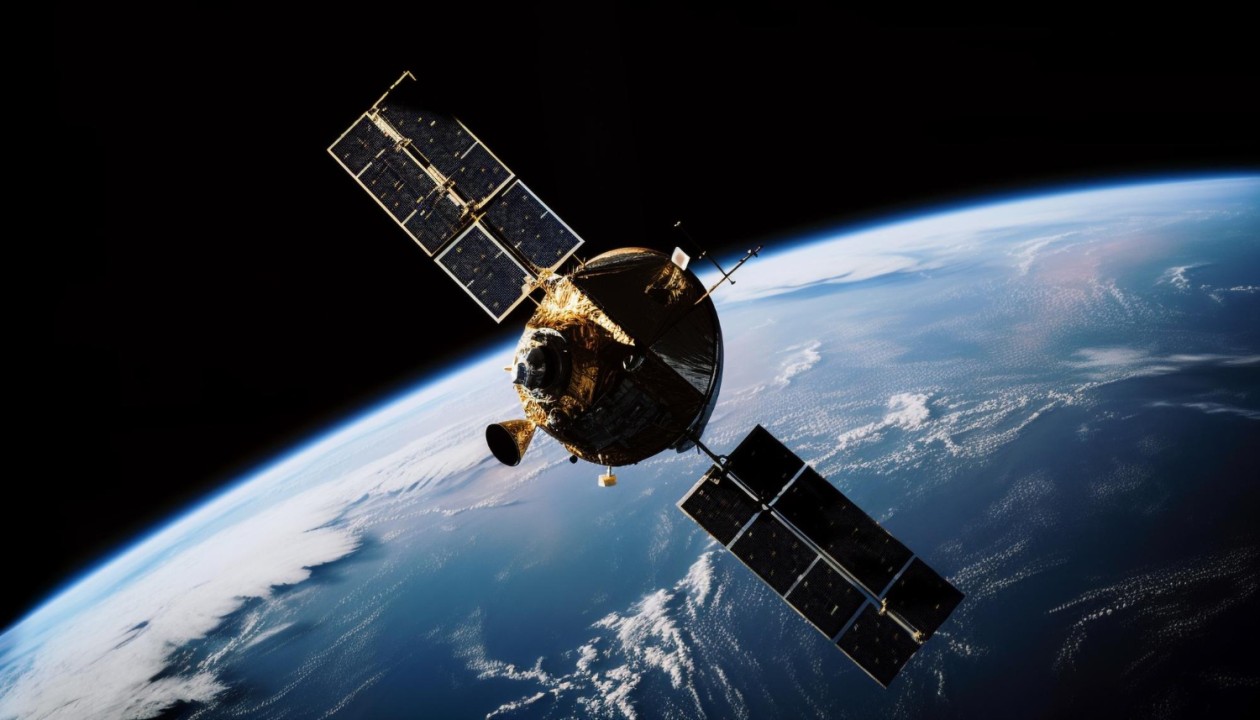 23 Aug: Indian Space Research Organisation’s (ISRO) Chandrayaan-3 becomes the first spacecraft to land near the south pole of the Moon, carrying a lunar lander named Vikram and a lunar rover named Pragyan. Ten days later, ISRO followed this up with the successful launch of Aditya-L1, India’s first solar observation mission.
23 Aug: Indian Space Research Organisation’s (ISRO) Chandrayaan-3 becomes the first spacecraft to land near the south pole of the Moon, carrying a lunar lander named Vikram and a lunar rover named Pragyan. Ten days later, ISRO followed this up with the successful launch of Aditya-L1, India’s first solar observation mission.
8 Sep: A 6.9 magnitude earthquake strikes Marrakech–Safi province in western Morocco, killing at least 2,960 people and causing extensive damage, including to several historic buildings.
9 Sep: The African Union becomes the 21st permanent member of the G20 after its induction at the 18th G20 summit in India.
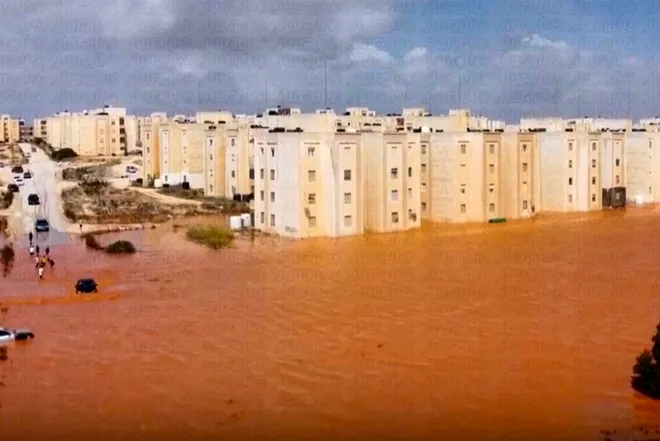 10 Sep: Storm Daniel, a Mediterranean tropical-like cyclone kills at least 5,000 people in Libya, with a further 10,000 to 100,000 reported missing. In the city of Derna, two dams collapse, resulting in a quarter of the city being destroyed
10 Sep: Storm Daniel, a Mediterranean tropical-like cyclone kills at least 5,000 people in Libya, with a further 10,000 to 100,000 reported missing. In the city of Derna, two dams collapse, resulting in a quarter of the city being destroyed
7 Oct: Hamas launches an incursion into southern Israel from the Gaza Strip, prompting a military response from the Israel Defense Forces. The ongoing military offensive has so far killed over 20,000 people and injured many more in Gaza
7 Oct: A series of earthquakes occur in Herat Province in Afghanistan, killing over 1,000 people and injuring nearly 2,000, with tremors felt in Iran and Turkmenistan. The earthquakes are the deadliest in the country since 1998.
30 Nov: The annual global climate conference gets underway at Dubai Expo City in the United Arab Emirates, with the first day of the COP28 summit witnessing an agreement to operationalize the long elusive Loss and Damage Fund.
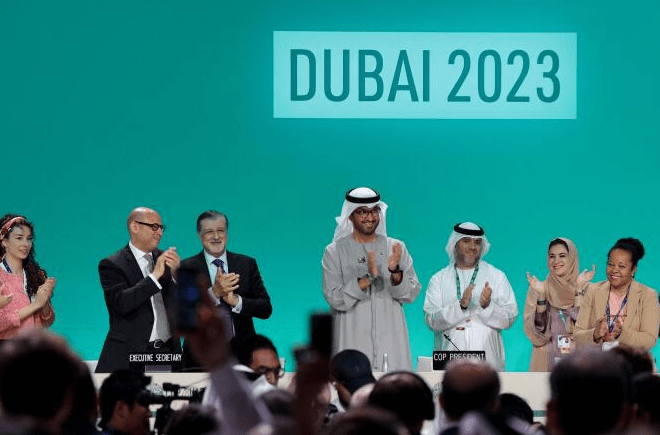 12 Dec: On the last day of the COP28 climate summit in Dubai, a consensus is reached for countries to ‘transition away’ from fossil fuels, the first such agreement in the conference’s 30-year history
12 Dec: On the last day of the COP28 climate summit in Dubai, a consensus is reached for countries to ‘transition away’ from fossil fuels, the first such agreement in the conference’s 30-year history
16 Dec: The Amir of Kuwait Sheikh Nawaf Al-Ahmad Al-Jaber Al-Sabah dies at the age of 86 and is succeeded by His Highness Sheikh Mishal Al-Ahmad Al-Jaber Al-Sabah, who becomes the 17th Amir of Kuwait.












